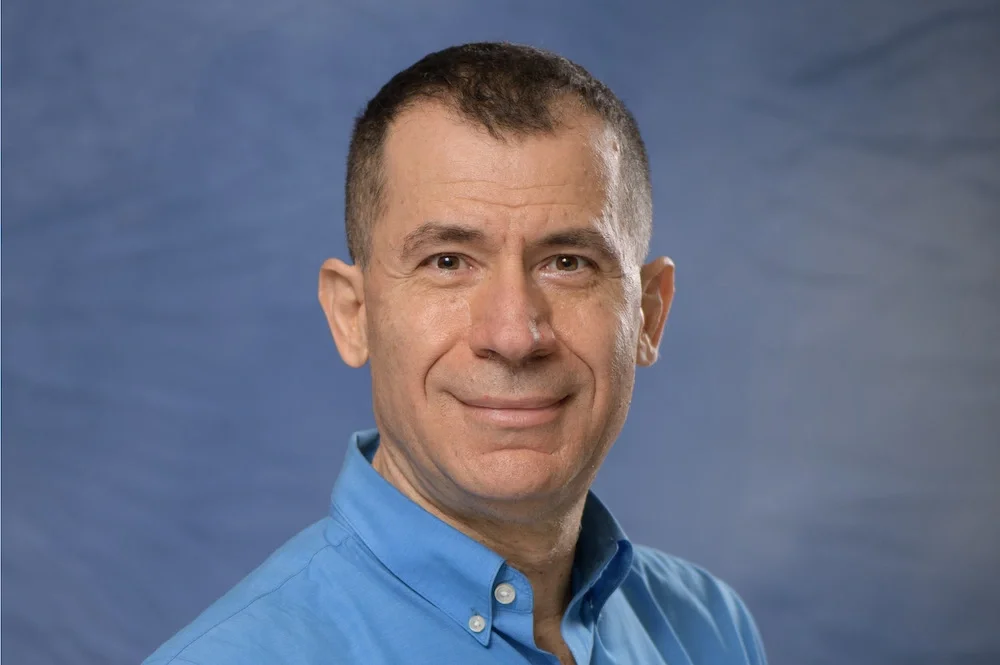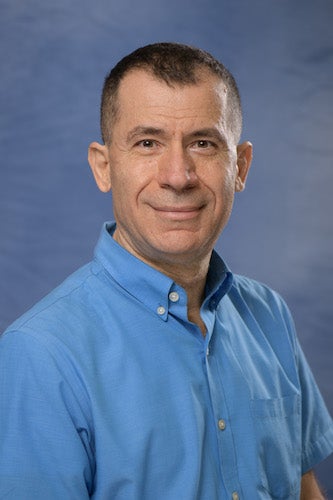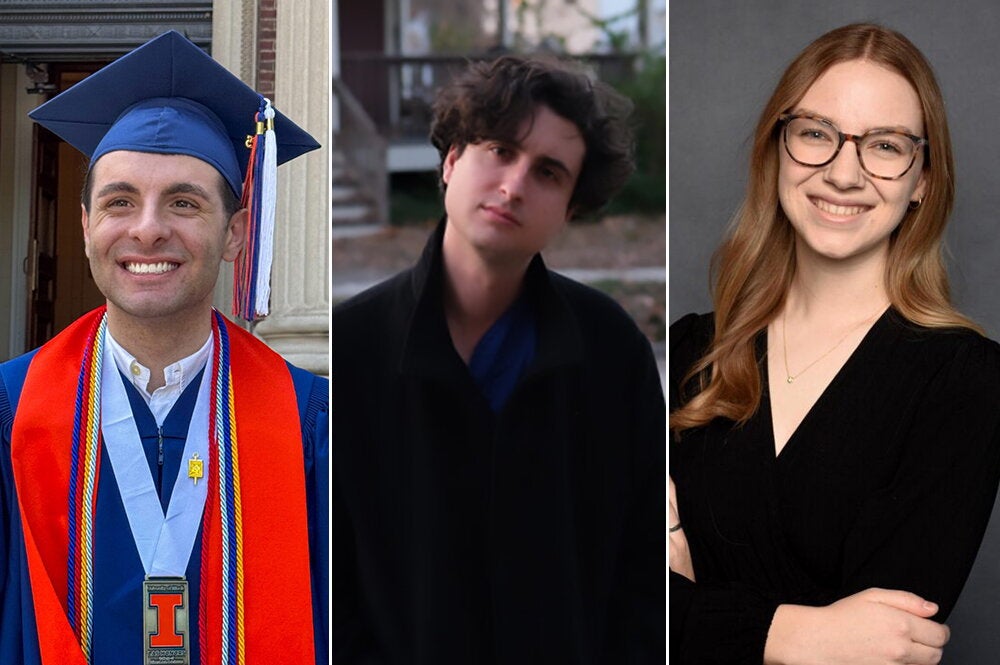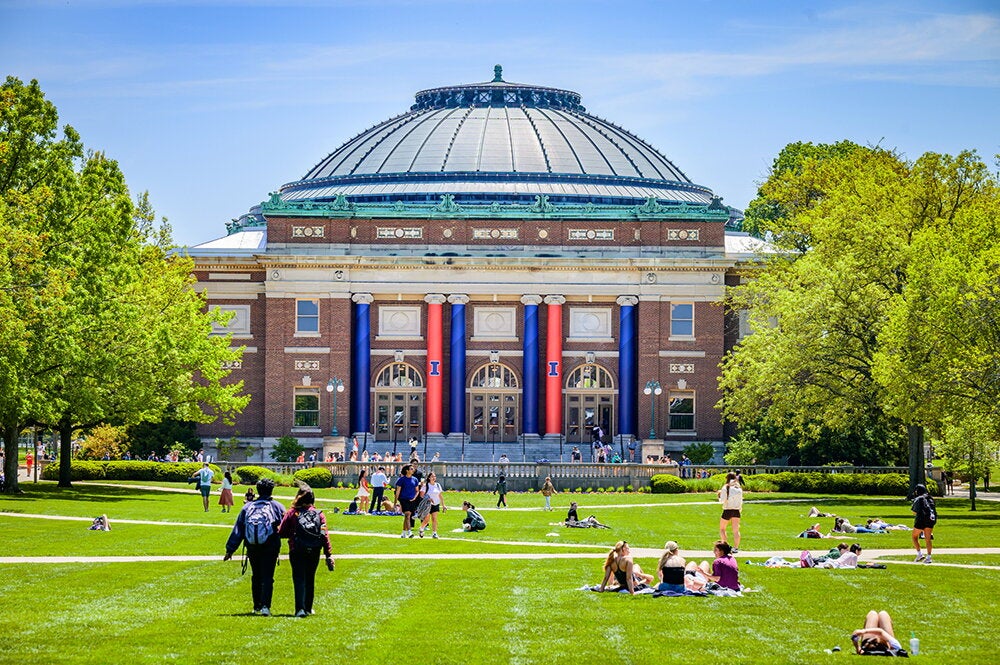

Many students, said George Deltas, professor and head of the Department of Economics, see his field as a way to prepare for a future in public policy. He describes, however, how economics combines elements of business, engineering, and statistics to be practical and relevant in both the public and private sectors.
What are you currently studying? Why are you excited about it?
What excites me the most now is the study of international environmental agreements. These agreements are necessary if the world is to meet the goals of stopping climate change and improving global environmental conditions more broadly. On its own, each country can only have limited impact (except perhaps for a very few large ones). This reduces their incentive to act unilaterally. If they were to do so, they could incur the costs of their actions but only capture a few of the benefits, which would accrue to other countries. Moreover, if a country was going to do nothing, it would still benefit from the actions of other countries. Such a country would be a “free rider,” getting something without contributing anything. Environmental agreements are the way for countries to co-ordinate their actions to reduce free-riding and to increase the mutual contributions of everyone for the global common good.
This is easier said than done. By signing an environmental agreement, a country commits to costly action; many would still find it better to stay out. To be effective, agreements need to come with incentives for joining (and penalties for staying out). They also need to be designed appropriately, i.e. balance ambition in goals with increased participation. They can also include clauses that require a minimum participation before they come into force; these minimum participation thresholds must also be chosen wisely.
My current research is focusing on these questions. One project, that is substantially complete, focuses on the importance of trade clubs in incentivizing participation of countries in international environmental agreements. This project uses data from the Basel Convention on the trade of hazardous waste, which has precisely such a feature. Another project, which is currently in progress, focuses on the importance of minimum participation thresholds and how these should be chosen. Ultimately, these projects aim to inform the design of agreements for the control of greenhouse gas emissions and the control of plastic pollution, both of which could rely on trade-incentives and participation thresholds.
Describe a moment when your professional career changed direction.
A faculty’s research interest typically influences their teaching. For me, however, the opposite seems to have happened early in my career. Soon after I arrived at Illinois, the senior econometrician went on sabbatical. There was a dearth of empirically oriented faculty in the department at the time, and though it was not my area of expertise, I was asked whether I would be willing to teach the doctoral course in applied econometrics. Little did I know that my decision to do so would have a lasting impact on my research direction, shifting it from an almost exclusively theoretical orientation to a largely empirical one within a few short years. Teaching a doctoral course immersed me into the world of data, and both deepened and broadened by empirical skills. This opened up a world of opportunities for me to pursue research questions that I was earlier not well equipped to explore.
When did you know you wanted to be an economics professor?
It is more difficult to pinpoint when exactly I chose to become a professor, but I can pinpoint the experiences that made me decide to become an economist. Economics, and in particular economic policy, was something that I was very keen on in high school, reading books on the subject and debating with friends. As an undergrad, though, I was more focused on engineering because it seemed a more promising career. In my sophomore and junior years, I participated in two different research projects, back-to-back: one in engineering and one in economics. It became clear that I was not particularly well suited to becoming an engineer. More importantly, I loved my work in economics and seemed to have been very good at it even as a junior; it was clear that I would be happy to do this for my life.
What I suggest to students interested in economics, or in any field, is to “try it for real” for a semester or two. Our department has recently created an experiential learning lab, where undergrads can get engaged in research. Getting involved is the best way to know whether this is for you (or not!).
Editor's note: See more LAS Experts profiles.


